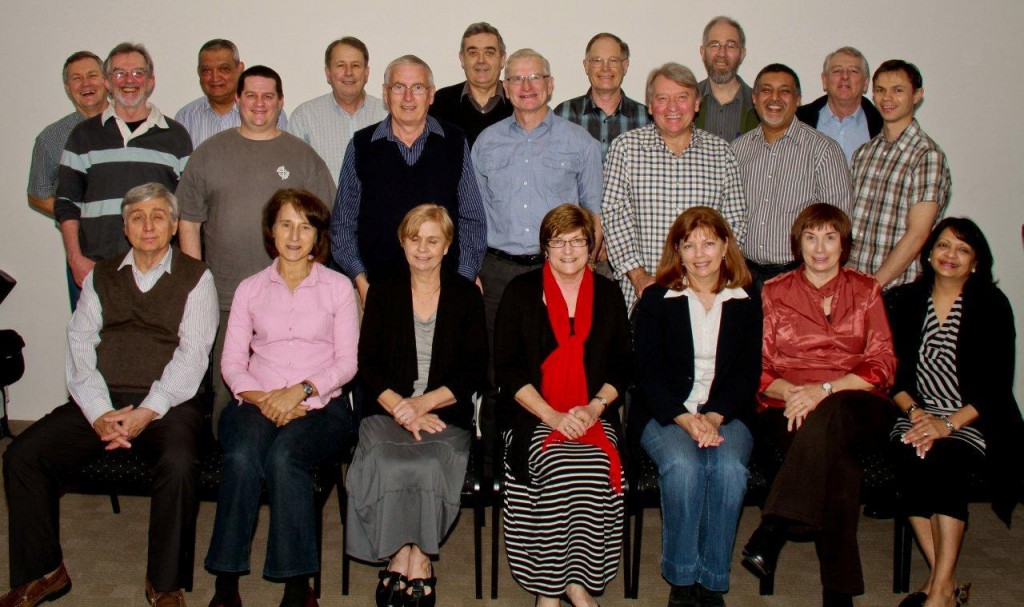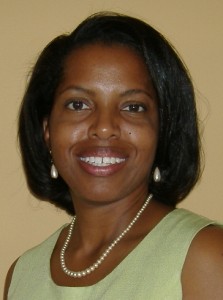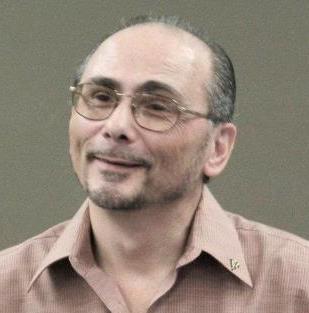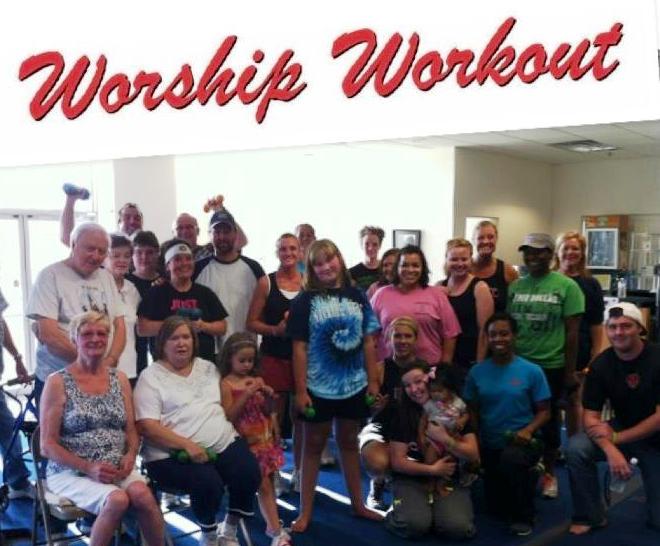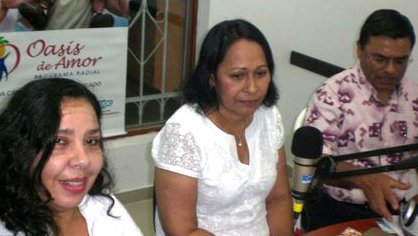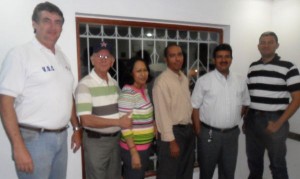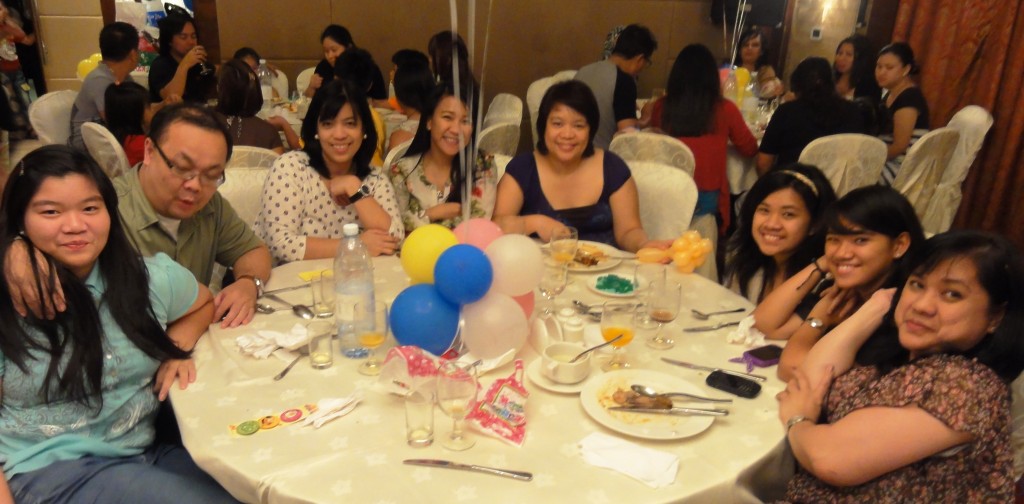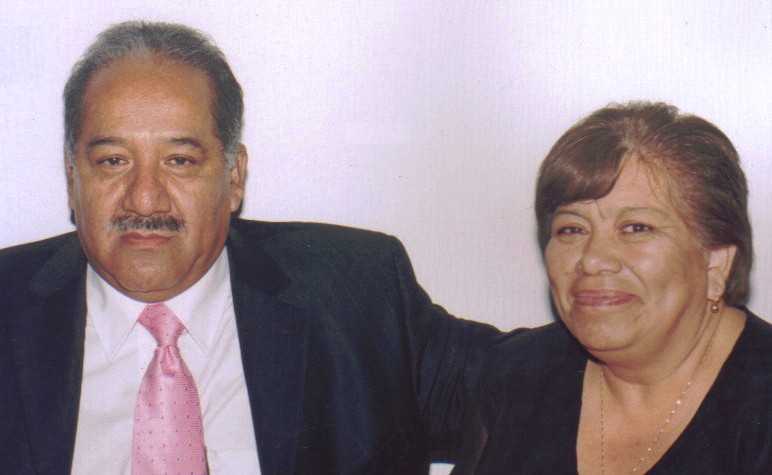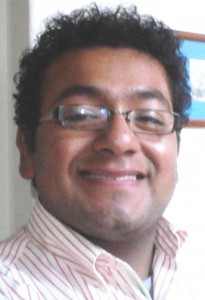Dear Brothers and Sisters in Christ,
 One of the best definitions of theology is the one ascribed to Anselm of Canterbury (1033-1109), who called it “faith seeking understanding.” The converse of this – “understanding seeking faith” is known as apologetics. Pursued properly, both disciplines can lead us to dig deeper and deeper, coming to appreciate more and more the simple, yet profound statement that “God is love.”
One of the best definitions of theology is the one ascribed to Anselm of Canterbury (1033-1109), who called it “faith seeking understanding.” The converse of this – “understanding seeking faith” is known as apologetics. Pursued properly, both disciplines can lead us to dig deeper and deeper, coming to appreciate more and more the simple, yet profound statement that “God is love.”
But as the cartoon below (used with permission) illustrates so well, just digging deeper does not guarantee that our conclusions will be good. We need to dig in the right direction. As we are reminded in 2 Timothy 3:7, it is possible to be “always learning but never able to come to a knowledge of the truth.”
Theology has been described as being weak or strong based upon its arrangement and understanding of various doctrines and/or a specific understanding of the attributes of God. When I first heard this, I thought of it in terms of correct and incorrect doctrine. However, the more I think about it, I realize it is more than that. Doctrine is only one ingredient of authentic Christianity. It is important, to be sure – it is essential that the church teach right doctrines. However, doctrine is not all that we must include in our worship of our Creator, Savior and Sanctifier. Doctrine does not save us. No matter how much we know, Paul reminds us that it doesn’t do us any good if we don’t have love (1 Corinthians 13:2).
I first realized a distinction when, with Dr. Mike Feazell, I attended a large evangelistic conference several years ago. In one session it was noted that there was a tremendous evangelical opportunity to be had in the wake of the attacks we now refer to as 9/11. The presenter suggested that we celebrate the firefighters, police officers and other heroes who saved the lives of others, sometimes losing their own in the process – a powerful analogy of what Jesus has done for humanity.
During a later talk, a serious contradiction became apparent, although most seemed oblivious to it. Another presenter, in order to motivate us to evangelism, emphasized that unless someone had made a conscious decision for Christ, God would send them to hell forever. Mike, putting the two presentations together, elbowed me and said, “So, how do you celebrate a hero who gave his life to save others but who had been sent to hell forever because he had not accepted Jesus as his Savior? What is there to celebrate about a hero who is now burning in hell?”
“That’s the problem with a weak theology,” I replied.
Our theology defines how we understand God’s nature, character, heart, mind and purpose. It fills out for us how God views us and others and what kind of relationship he wants with us.
Strong theology has a clear and coherent grasp of who God is and what God wants for us: God is exactly like Jesus all the way down. He is the fullness of deity, bearing the stamp of the character of God. He is the visible image of the Father and the Spirit. In Jesus, what you see is what you get.
Weak theology, however, presents God in bits and pieces, often leaving us with a view of a God who is of two minds, or who has two different wills, or even two different sides to his character. Sometimes Jesus is presented as one “side” of God who wants to save us by grace and the Father as the other “side” who wants to condemn us under the Law. This God has two wills, two purposes, two attitudes towards his creation and so has two kinds of relationship with us. This God is for some of us, but against others.
Weak theology leaves us with two minds toward others. We’re supposed to love others, even our enemies, and present the Gospel to them and encourage them to surrender their lives to Christ who died for them. But if we believe God only loves some and will only call some to himself but is against others and just as happy to send them to hell, it’s hard, if not impossible, to have the same attitude and hope for all. We are left with the sense that we’re not being totally truthful when we present the Gospel as if it’s for everyone.
While it is true that some may somehow reject the Gospel of grace no matter what we or even God does for them, perhaps for all eternity, God’s revelation to us of his single mind, will and purpose for all is made clear by Paul:
For God was pleased to have all his fullness dwell in him, and through him to reconcile to himself all things, whether things on earth or things in heaven, by making peace through his blood, shed on the cross (Colossians 1:19-20).
Weak theology undermines this vital truth leaving us with the impression that Jesus only shows us one side of God, not the fullness of God and that God is interested only in reconciling some things, not everything. Weak theology can lead to an “us vs. them” elitist mentality where, after the evangelistic meeting is over, we minister to those on the “inside” far differently from those on the “outside.”
While weak theology leads us down this dark and conflicted path of exclusivism, strong theology affirms that God loves everyone profoundly and places love above all other gifts from God:
If I have the gift of prophecy and can fathom all mysteries and all knowledge, and if I have a faith that can move mountains, but do not have love, I am nothing (1 Corinthians 13:2).
While weak theology leads us to erect barriers between people, strong theology understands that God, who is no respecter of persons, “wants all men to be saved and to come to a knowledge of the truth” (1 Timothy 2:3-4). Led by this truth, we are encouraged to join with Paul in tearing down barriers that divide people from God and one another:
Though I am free and belong to no one, I have made myself a slave to everyone, to win as many as possible. To the Jews I became like a Jew, to win the Jews. To those under the law I became like one under the law (though I myself am not under the law), so as to win those under the law. To those not having the law I became like one not having the law (though I am not free from God’s law but am under Christ’s law), so as to win those not having the law. To the weak I became weak, to win the weak. I have become all things to all people so that by all possible means I might save some. I do all this for the sake of the gospel, that I may share in its blessings (1 Corinthians 9:19-23).
While weak theology includes or excludes people from coming under God’s reconciling work based upon their performance, strong theology recognizes that Jesus’ atonement has pre-qualified everyone for salvation. Note Paul’s words to the Christians in Colossae:
Giving thanks to the Father, who has qualified us to share in the inheritance of the saints in light. For He rescued us from the domain of darkness, and transferred us to the kingdom of his beloved Son, in whom we have redemption, the forgiveness of sins (Colossians 1:12-14, NAS).
To sum it up, whereas weak theology begins with bad news, hoping to convince (or frighten) people into hoping there is good news, strong theology starts and ends with the Good News for all:
God so loved the world that he gave his one and only Son, that whoever believes in him shall not perish but have eternal life. For God did not send his Son into the world to condemn the world, but to save the world through him (John 3:16-17).
Strong theology is profoundly and consistently evangelical, while weak theology is a pretender. As we dig deep into theology, it is important that we dig in the proper direction.
With love in Christ’s service,
Joseph Tkach
P.S. We have a new tool on the GCI Weekly Update blog for printing the entire current issue as a single document. Click on any of the links in the top of the links column (above left) and the “Printable Version” link will appear. Click on that link, and the entire current issue will appear on screen as a single document. You can then print that document using your browser’s print function (this seems to work best in Firefox and Internet Explorer, and less well in Chrome).



